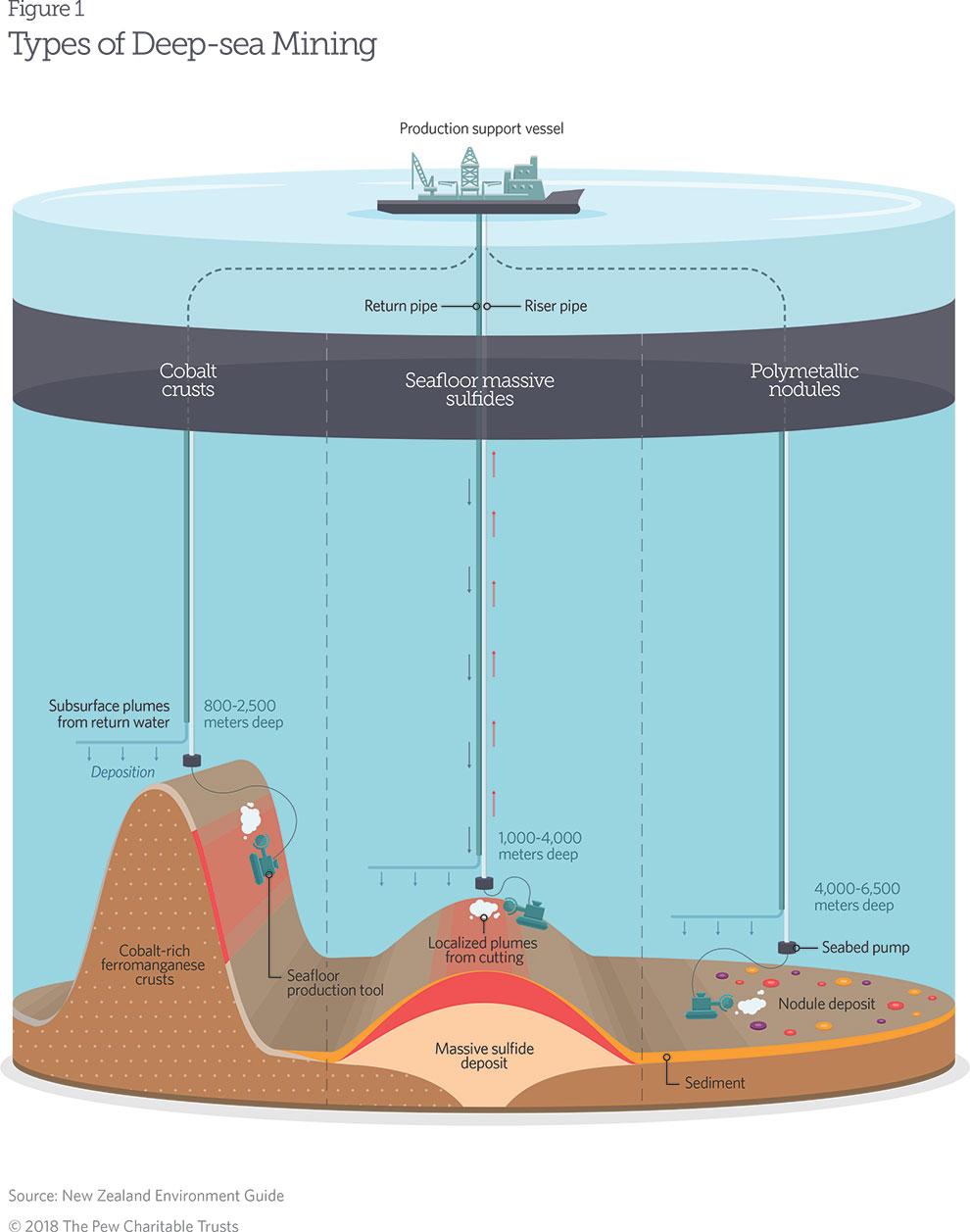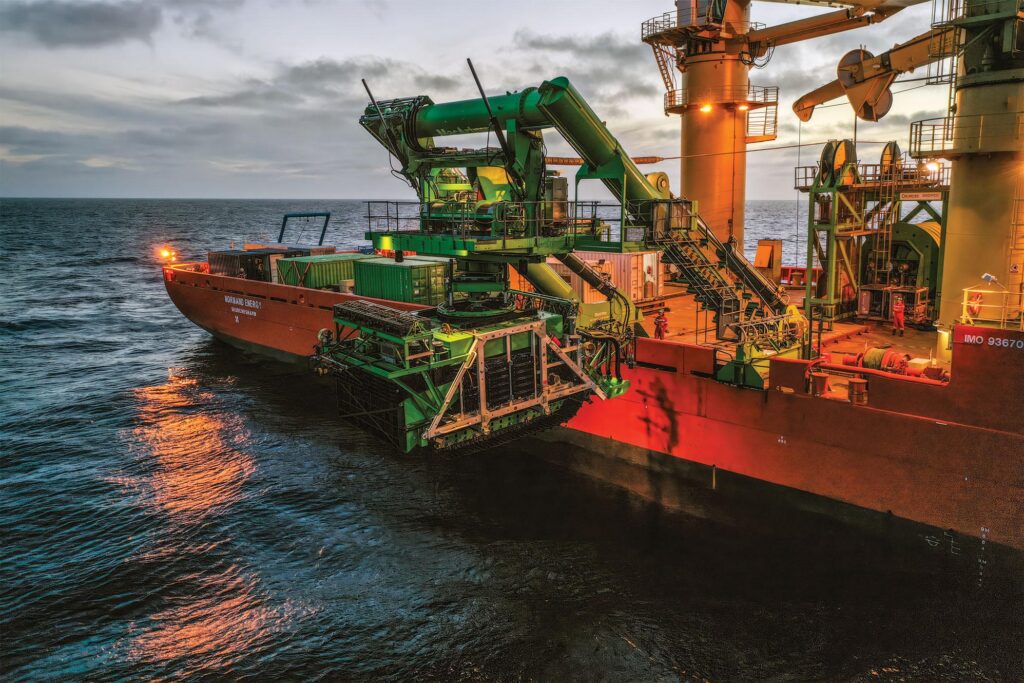Beneath the vast, undulating blue of the Pacific, a Canadian venture stands poised to breach an environmental frontier, sparking global debate and scientific scrutiny. As Canadian Metals Inc.seeks United States regulatory approval to extract mineral wealth from the ocean’s dark, unexplored depths, a complex narrative of economic possibility and ecological preservation unfolds. The proposed deep-sea mining project promises potential technological advancement and resource acquisition, yet concurrently confronts a rising chorus of environmental concerns and scientific caution. In the murky depths of the Pacific Ocean, a Canadian exploration company is poised to push the boundaries of marine resource extraction, igniting a global controversy that threatens to reshape environmental and economic landscapes. The proposed deep-sea mining venture has thrust the delicate balance between technological advancement and ecological preservation into sharp focus.
DeepGreen Metals, a Vancouver-based corporation, has submitted an submission to the United States Department of the Interior, seeking permission to explore mineral-rich areas of the Clarion-Clipperton Zone, a vast oceanic region stretching between Hawaii and Mexico. The target? Massive deposits of critical metals embedded in polymetallic nodules scattered across the seafloor.
These potato-sized mineral clusters contain significant quantities of nickel, copper, cobalt, and manganese—key components in electric vehicle batteries and renewable energy technologies. With global demand for green technology surging, the potential economic implications are substantial.
Though, the proposed operation has triggered immediate pushback from environmental organizations, marine scientists, and conservation groups. Critics argue that deep-sea mining could cause irreparable damage to some of the planet’s least understood ecosystems, potentially disrupting complex marine biodiversity before researchers can fully comprehend its intricacies.
Marine biologists warn that the extraction process would generate massive sediment plumes, potentially smothering marine life across hundreds of square kilometers. The underwater disturbance could impact everything from microscopic organisms to larger marine species, creating cascading environmental consequences.
The international scientific community has been particularly vocal, with over 622 marine science and policy experts signing an open letter urging a moratorium on deep-sea mining activities. They emphasize the need for comprehensive environmental impact assessments and a more nuanced understanding of deep-ocean ecosystems.
DeepGreen Metals counters these concerns by positioning their venture as a crucial step toward enduring technology production. The company argues that ocean-sourced metals represent a more environmentally friendly alternative to traditional terrestrial mining, which often involves significant land degradation and carbon-intensive extraction processes.
The U.S. regulatory review process will likely be rigorous, involving multiple governmental agencies and extensive environmental impact evaluations.The outcome could set a precedent for future deep-sea resource exploration globally.
As nations increasingly seek alternatives to traditional resource extraction, this proposed mining expedition represents a pivotal moment in the intersection of technological innovation, economic opportunity, and environmental stewardship. The world watches closely as this high-stakes environmental and economic drama unfolds beneath the ocean’s surface.


